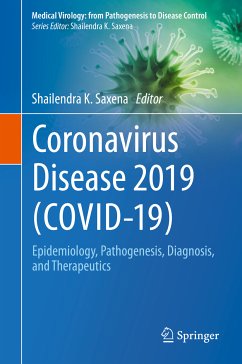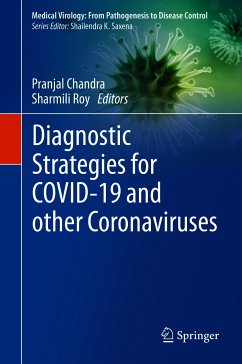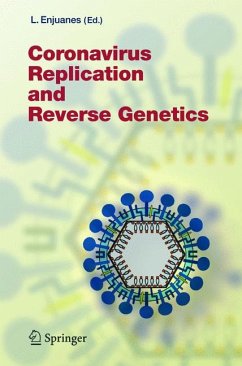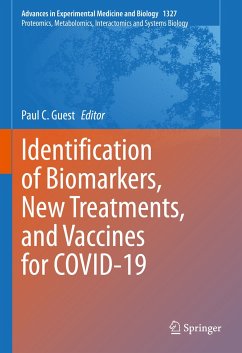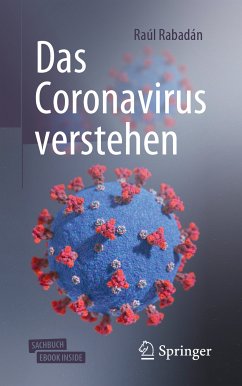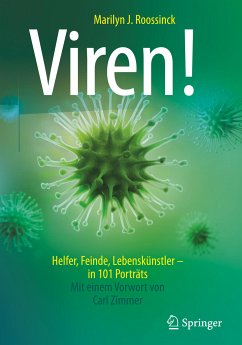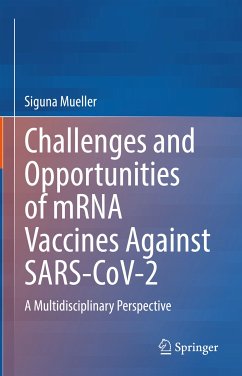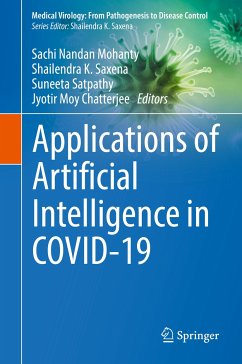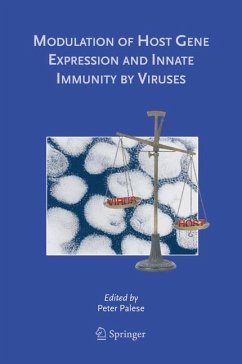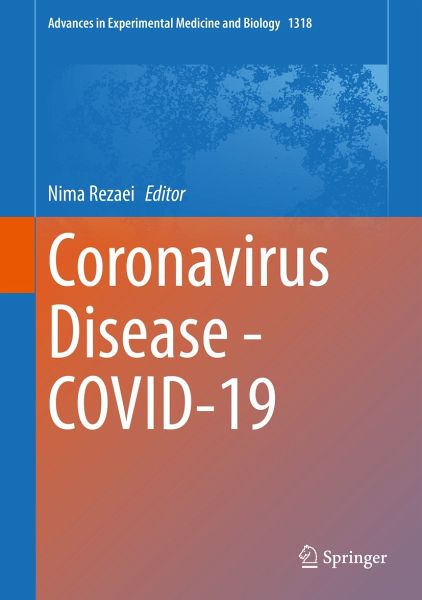
Coronavirus Disease - COVID-19 (eBook, PDF)
Versandkostenfrei!
Sofort per Download lieferbar
175,95 €
inkl. MwSt.
Weitere Ausgaben:

PAYBACK Punkte
88 °P sammeln!
In December 2019, the world witnessed the occurrence of a new coronavirus to humanity. The disease spread quickly and became known as a pandemic globally, affecting both society and the health care system, both the elderly and young groups of people, and both the men's and women's groups. It was a universal challenge that immediately caused a surge in scientific research. Be a part of a world rising in fighting against the pandemic, the Coronavirus Disease - COVID-19 was depicted in the early days of the pandemic, but updated by more than 200 scientists and clinicians to include many facets of...
In December 2019, the world witnessed the occurrence of a new coronavirus to humanity. The disease spread quickly and became known as a pandemic globally, affecting both society and the health care system, both the elderly and young groups of people, and both the men's and women's groups. It was a universal challenge that immediately caused a surge in scientific research. Be a part of a world rising in fighting against the pandemic, the Coronavirus Disease - COVID-19 was depicted in the early days of the pandemic, but updated by more than 200 scientists and clinicians to include many facets of this new infectious pandemic, including i, characteristics, ecology, and evolution of coronaviruses; ii, epidemiology, genetics, and pathogenesis (immune responses and oxidative stress) of the disease; iii, diagnosis, prognosis, and clinical manifestations of the disease in pediatrics, geriatrics, pregnant women, and neonates; iv, challenges of co-occurring the disease with tropical infections, cardiovascular diseases, hypertension, and cancer and to the settings of dentistry, hematology, ophthalmology, and pharmacy; v, transmission, prevention, and potential treatments, ranging from supportive ventilator support and nutrition therapy to potential virus- and host-based therapies, immune-based therapies, photobiomodulation, antiviral photodynamic therapy, and vaccines; vi, the resulting consequences on social lives, mental health, education, tourism industry and economy; and vii, multimodal approaches to solve the problem by bioinformatic methods, innovation and ingenuity, globalization, social and scientific networking, interdisciplinary approaches, and art integration. We are approaching December 2020 and the still presence of COVID-19, asking us to call it COVID (without 19).
Dieser Download kann aus rechtlichen Gründen nur mit Rechnungsadresse in A, B, BG, CY, CZ, D, DK, EW, E, FIN, F, GR, HR, H, IRL, I, LT, L, LR, M, NL, PL, P, R, S, SLO, SK ausgeliefert werden.



